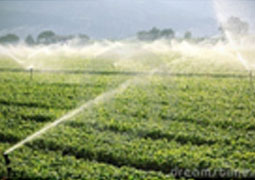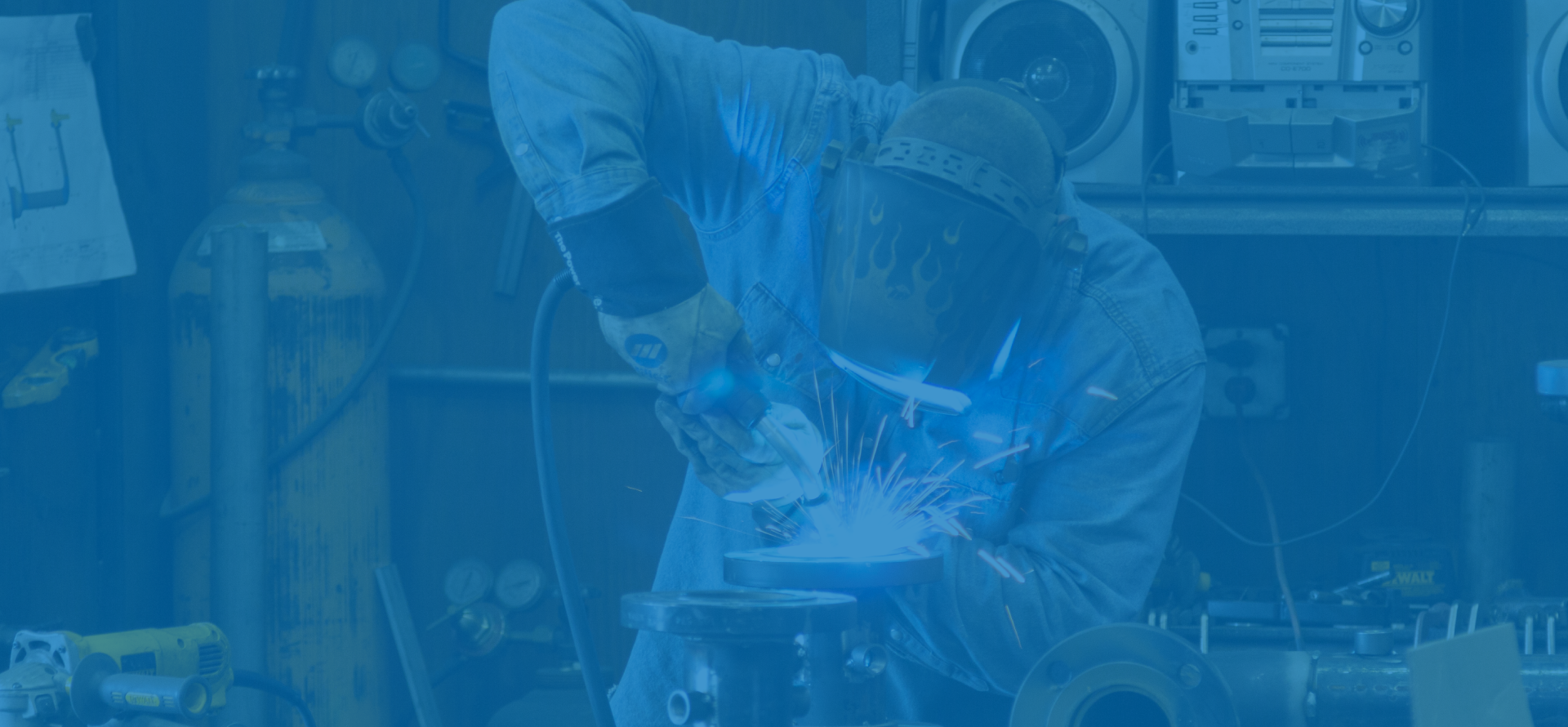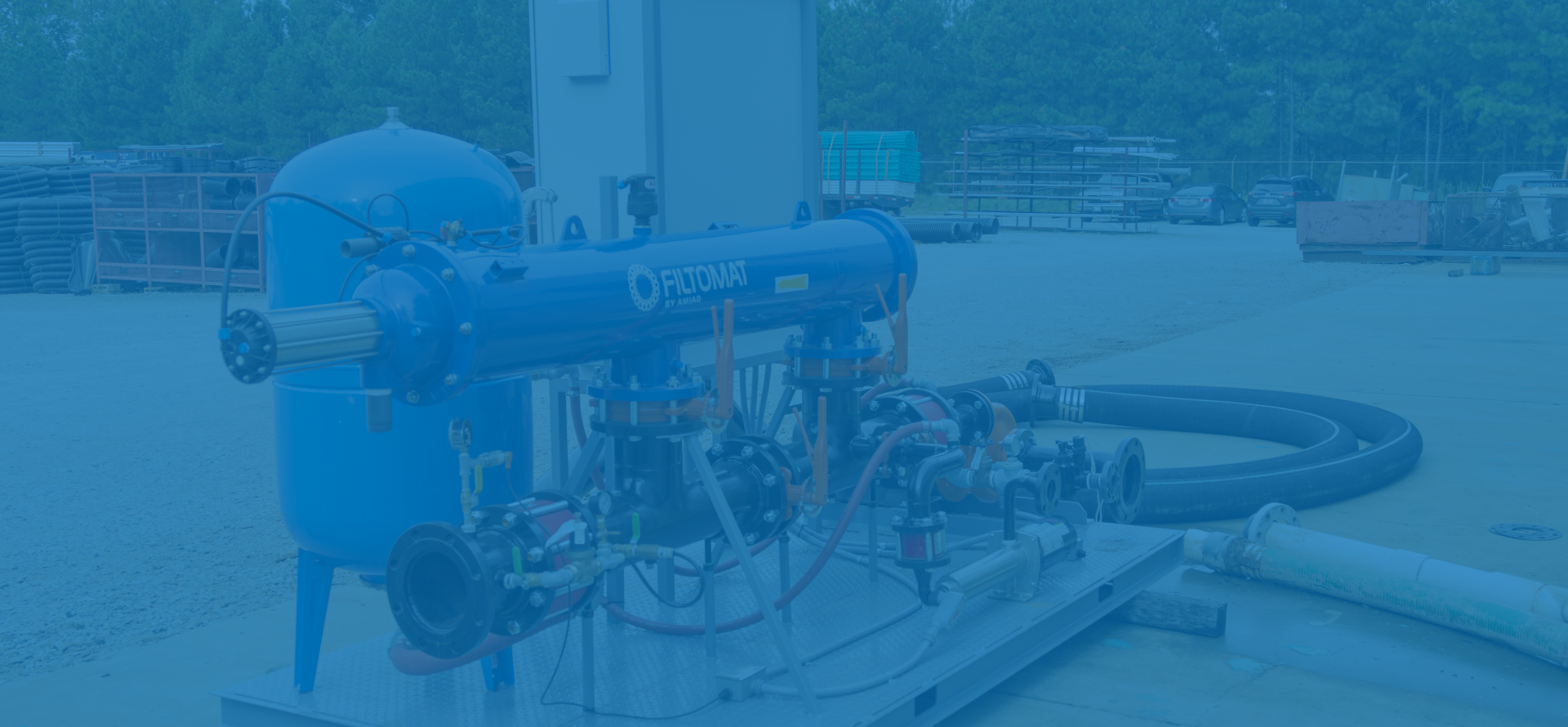Agriculture irrigation systems are a necessity to deliver healthy and abundant crops.
 Agriculture irrigation systems play a major role in farming and in ensuring healthy and bountiful crops. There are many questions about irrigation and why it is important in the farming industry. Here are 3 frequently asked questions.
Agriculture irrigation systems play a major role in farming and in ensuring healthy and bountiful crops. There are many questions about irrigation and why it is important in the farming industry. Here are 3 frequently asked questions.
- 1) What are the different types of irrigation?
- Sprinkler Irrigation: Sprinkler irrigation is where the water is delivered through on overhead sprinkler system. There are different types of sprinkler irrigation that the farming industry uses.
- Drip Irrigation: Drip irrigation is where the water is delivered by low volume, low pressure emitters or micro sprinklers directly to the root zone of the crop. Drip irrigation is primarily used on high-value crops such as fruits and vegetables.
- Subsurface Drip Irrigation: Subsurface drip irrigation is essentially the same as drip irrigation except the emitter lines are buried underground. Subsurface drip irrigation is primarily used on high-value row crops such as corn and cotton.
- 2) Where does the water come from? There are many sources for water used in farming irrigation. The most common are ponds, wells, lakes, rivers, collected rainwater and treated wastewater.
- 3) What are the benefits of an irrigation system? Crops cannot grow without water. Rainfall is too unpredictable and sometimes scarce.
An irrigation system will ensure that the crops get the required amount of water needed to grow healthy and abundantly.
If you’re looking to install new agriculture irrigation systems on your farm, ask WP Law’s irrigation experts for a system that meets your land’s particular needs.








